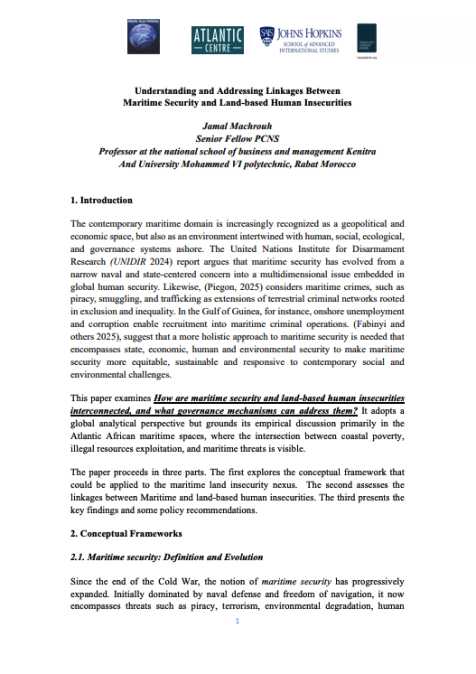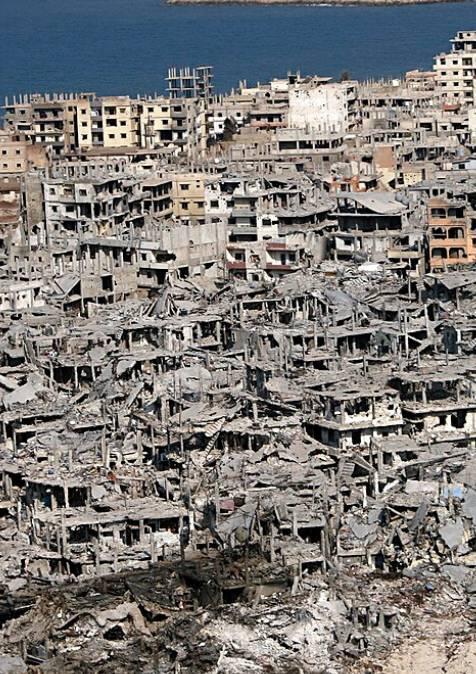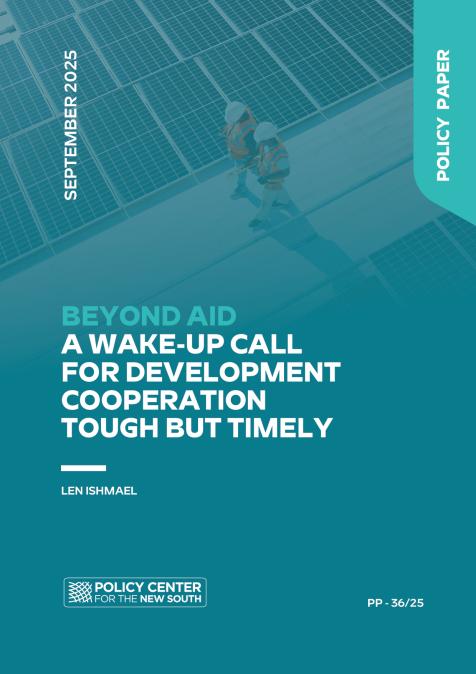Podcasts
Promoting Stability and Development in Africa: How to Foster Cooperation Between EU and AU?
12
February
2015
Related topics:
This podcast is performed by Nicoletta Pirozzi. The briefing will address the results of the 2014 Africa-EU Summit by looking at the challenges facing both the European Union and the African Union in promoting stability and development in the African continent. In particular, it will tackle the current debates around the 2007 Joint Africa-EU Strategy (JAES) and its implementation phase (2014-2015), including the opportunities of cooperation with the United States and other relevant international actors, also in the private sector, to foster economic development, improve governance and promote peace and security









